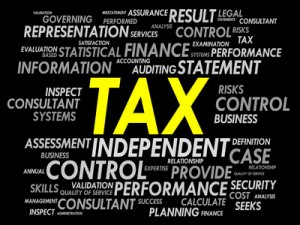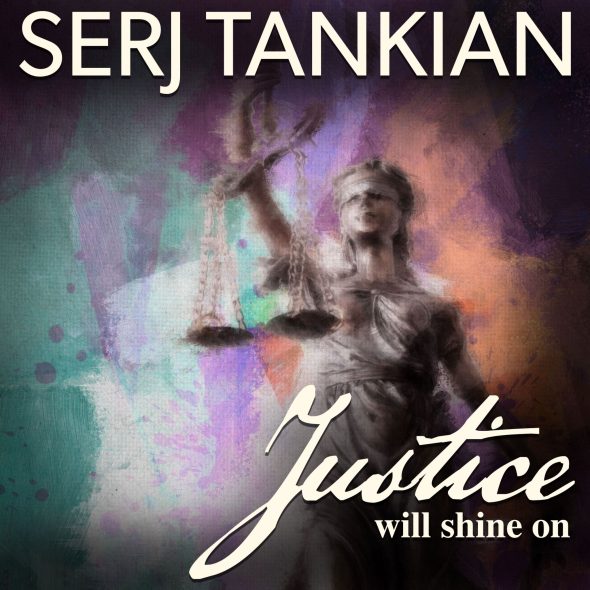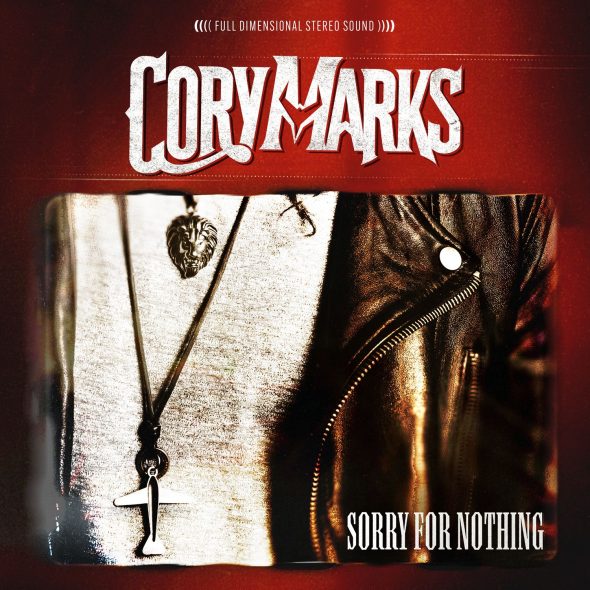Questions from the weekend warriors
So you just finished a successful weekend, have $200 in your pocket, and away you go. The question pops into your head: Is this money taxable? I got it in cash. No one really knows about it …
 The answer is yes, it is reportable on your annual 1040 per Uncle Sam and his collection agency the Internal Revenue Service.
The answer is yes, it is reportable on your annual 1040 per Uncle Sam and his collection agency the Internal Revenue Service.
The good news is you can deduct ordinary and necessary deductions against any income, including the following.
- Auto expenses: A musician must haul musical instruments and equipment, usually in a car or van of his or her own, unless the band has its own bus. The weekend warrior usually hauls his or her own equipment. For auto expenses, you have two ways to deduct expenses:
- Direct out of pocket expenses: gas, oil, repairs, auto insurance, car washes, XM subscription, tires, license and registration and depreciation of the vehicle cost. Total these costs, and divide by the business use.
- Straight mileage deduction of 56.5 cents per business use mile.
Calculation of business use mileage:
- From your home to the gig and back.
- To rehearsal, if not in your home.
- To pick up gear or supplies.
- To promote band appearances.
- For band meetings.
- To the attorney’s office to review contracts.
- To the accountant’s office for tax preparation and tax planning.
Once you track and calculate your business mileage, divide that number by the total mileage on your car for the entire tax year. For example, of 10,000 total miles, if 5,000 of them are business miles, you can deduct 50 percent of the auto expense or 5,000 miles times the 56.5 cents per mile. You can use only one method — direct expenses or straight mileage — so choose the best overall deduction.
- Business expenses: Being a professional musician is a business, so treat it as such. Pay your expenses from a separate checkbook; use a separate credit card for your music business only. Track your income and expenses using QuickBooks or an Excel spreadsheet. Here is a list of possible expenses:
- Supplies like guitar strings, cords, picks, drum skins, etc.
- Out of town travel, airfare, hotel rooms, meals on the road.
- Advertising costs such as fliers, print, Google and newspaper ads.
- Business insurance costs other than auto expenses. Some musicians carry property and casualty insurance on their instruments and equipment in the event of a loss. Liability insurance is in this category as well.
- Web hosting costs.
- Internet costs.
- Postage and delivery costs.
- Cellphone and telephone costs.
- Any other costs that can be attributed to your music business.
You will need to determine on costs such as your cellphone what percentage is deductible as a business expense by keeping track of your business use.
- Home office rehearsal area: To qualify for home office expenses, you must have a dedicated space used regularly and exclusively for rehearsal. The calculation of the deduction is the square footage of the rehearsal area divided by the total square footage of your home. That percentage is applied against the total costs of the home (mortgage, utilities, maintenance, etc.) to determine the tax deduction.
In 2013 the IRS issued a new regulation allowing a safe harbor deduction for home office of $5 a square foot for a maximum deduction of $1,500. If you elect this method for home office deductions, you can still itemize your mortgage interest and real estate taxes.
When you add up all the expenses in running your music performance business, your $200 earned per week for a total of $10,400 annually will be probably 80 percent offset by expenses, and you will be in full compliance with IRS rules and regulations.
These are the basics for the weekend warriors. In future articles I will discuss choosing an entity to do business as, hobby loss rules, professional musicians and retirement planning.
 Jerry Catalano of Catalano, Caboor & Co. and The Music CPA started in the music business as lead vocalist in three different bands in the late 1960s. The Viet Nam War caused all the bands to break up, as his band mates went off to war. In 1970, Catalano did A&R work for a local Chicagoland production company, signing artists to management contracts and acting as resident songwriter for those without original material. He became a member of the National Academy of Recording Arts and Sciences and currently gets to vote on the Grammy awards. Catalano is also a member of the American Society of Composers, Authors and Publishers and has had other artists record his original songs.
Jerry Catalano of Catalano, Caboor & Co. and The Music CPA started in the music business as lead vocalist in three different bands in the late 1960s. The Viet Nam War caused all the bands to break up, as his band mates went off to war. In 1970, Catalano did A&R work for a local Chicagoland production company, signing artists to management contracts and acting as resident songwriter for those without original material. He became a member of the National Academy of Recording Arts and Sciences and currently gets to vote on the Grammy awards. Catalano is also a member of the American Society of Composers, Authors and Publishers and has had other artists record his original songs.
As a certified public accountant and an active musician, Catalano uses his passion to help others in the music industry. He is lead vocalist in a band THE FOURCE, which has two albums of original music on iTunes and just released a new single.
Catalano, Caboor & Co.
And The Music CPA
www.catboor.com
www.themusiccpa.com
www.thefource.com



